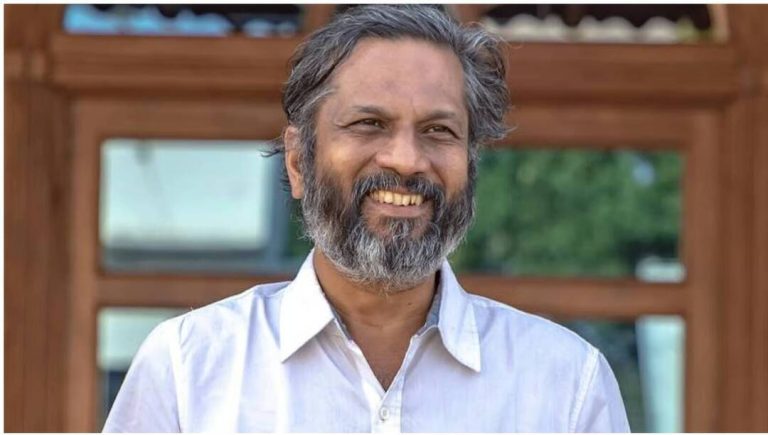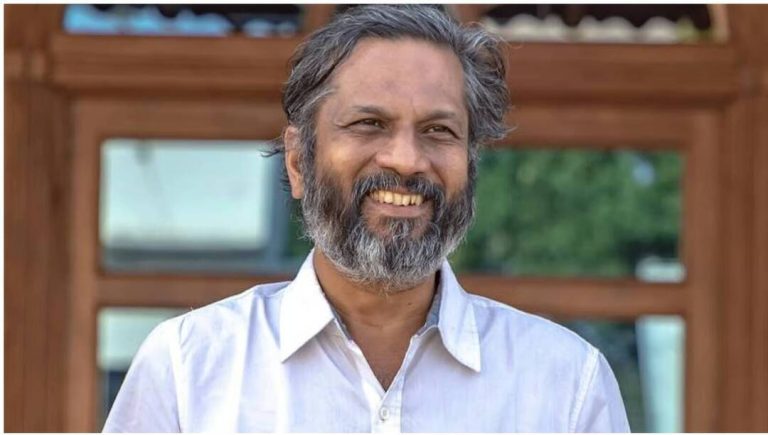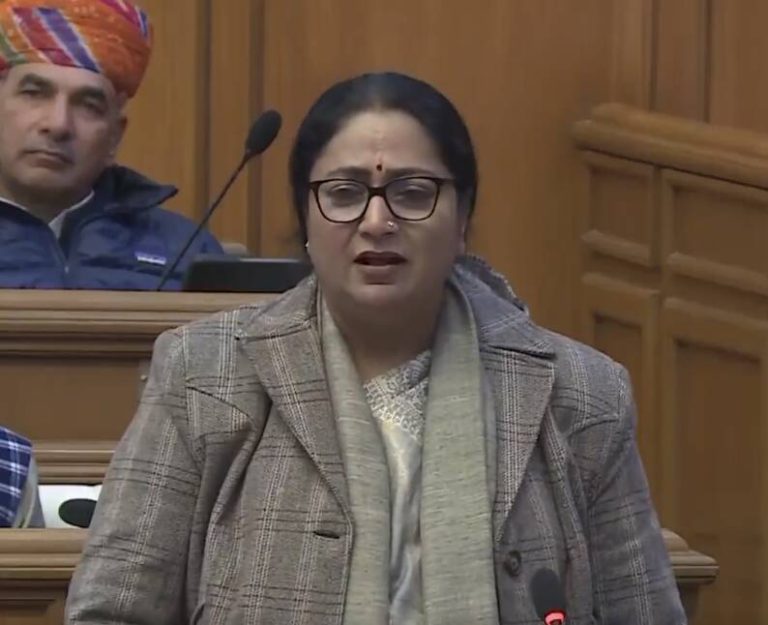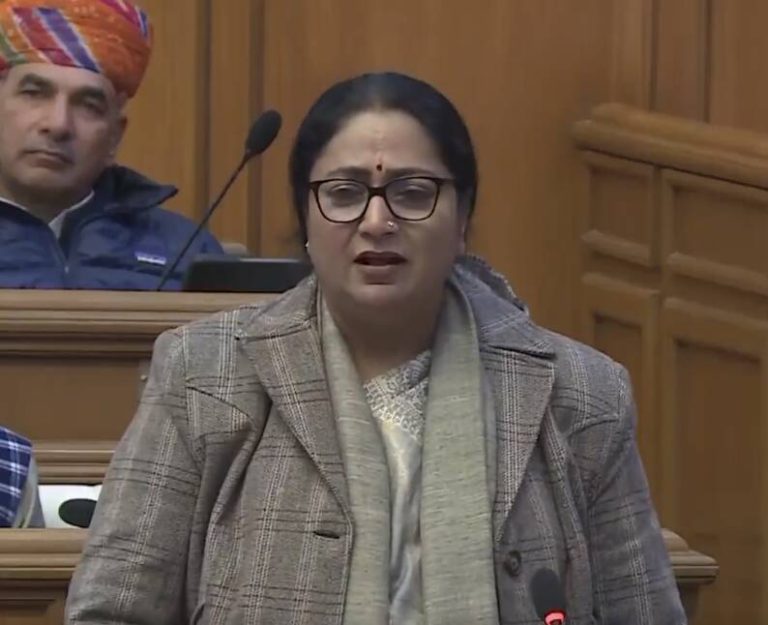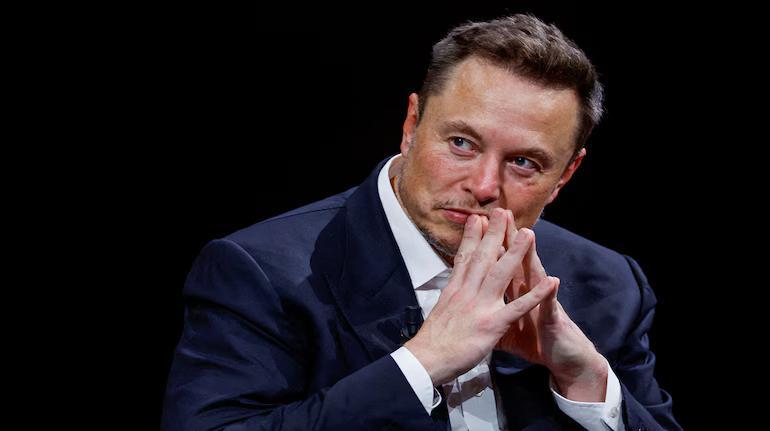
Poverty an engineering issue, AI & humanoid robots will end it: Musk
In a thought-provoking statement, billionaire and xAI CEO Elon Musk opined that poverty is an engineering issue. According to Musk, artificial intelligence (AI) and humanoid robots will eliminate poverty, and AI and robotics are the only way to make everyone wealthy. He expressed these views at the US-Saudi Investment Forum, where he discussed the potential of emerging technologies to transform the world.
Musk’s statement may seem surprising to many, as poverty is often viewed as a complex social and economic issue that requires a multifaceted approach to solve. However, Musk’s perspective is rooted in his belief that technology can be a powerful tool for driving positive change. He argued that as AI and robotics advance, they will be able to perform tasks that are currently done by humans, freeing people up to pursue more creative and fulfilling endeavors.
One of the key ways that AI and robotics can help to eliminate poverty is by increasing productivity and efficiency. By automating routine tasks, businesses and organizations can reduce their costs and improve their bottom line. This can lead to increased economic growth and job creation, which can help to lift people out of poverty. Additionally, AI and robotics can help to improve access to essential services such as healthcare and education, which are critical for reducing poverty and improving overall well-being.
Musk also stated that as AI and robotics advance, money will eventually stop being relevant in the future. This may seem like a radical idea, but it is based on the notion that technology can provide for all of people’s basic needs, making traditional forms of currency obsolete. For example, if AI and robotics are able to produce all of the food, shelter, and clothing that people need, then there will be no need for money to exchange for these things.
This vision of a future without poverty or money is certainly intriguing, and it is based on the idea that technology can be a powerful tool for creating a more equitable and just society. However, it is also important to recognize that there are many challenges and complexities that must be addressed in order to achieve this vision. For example, there are concerns about the potential impact of AI and robotics on employment, as well as the need to ensure that the benefits of these technologies are shared fairly and equitably.
Despite these challenges, Musk’s statement highlights the potential for AI and robotics to be a game-changer in the fight against poverty. By leveraging these technologies, we can create new opportunities for economic growth and development, and help to ensure that everyone has access to the resources and services they need to thrive.
It is also worth noting that Musk’s vision for a future without poverty is not just about providing for people’s basic needs, but also about creating a society that is more just and equitable. He has spoken about the need for a universal basic income, which would provide everyone with a guaranteed minimum level of income, regardless of their employment status. This idea is based on the notion that everyone deserves to have their basic needs met, and that technology can provide a way to achieve this goal.
In conclusion, Musk’s statement that poverty is an engineering issue and that AI and humanoid robots will eliminate it is a thought-provoking and intriguing idea. While there are certainly challenges and complexities that must be addressed, the potential for AI and robotics to drive positive change is undeniable. As we move forward, it will be exciting to see how these technologies continue to evolve and improve, and how they can be used to create a more just and equitable society for all.
